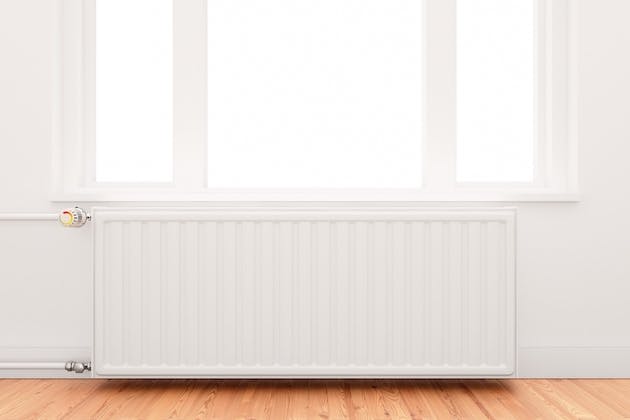If you've decided the time has come to finally replace your outdated boiler and give your heating system a much-needed upgrade, the next dilemma is whether to replace your radiators, too. Read this blog post to find out all about whether it's a smart idea to do so.
Why getting your radiators replaced is such a good idea
Consider the following reasons why upgrading your radiators in conjunction with your boiler makes sense. Upgrading your boiler as well as your radiators is the best way to improve your home's efficiency You may believe that all radiators are created equally, but you would be incorrect. Radiator performance has significantly improved as a result of quality and performance restrictions.
We know that your new boiler will have set you back a fair bit, (especially in today's market!) but this new investment you've made may as well be reduntant if your radiators are holding your central heating system back. Indeed, new radiators may be up to 50% more efficient than older ones that were installed in the early 2000s.
Increased efficiency results in lower energy costs, which means your new radiators will ultimately pay for themselves in the long term. Additionally, modern radiators channel water more efficiently, allowing hot water to touch a greater amount of radiator surface area while consuming significantly less water. To ensure you have the perfect size radiator to efficiently heat your space, you may use a BTU calculator to eliminate the guesswork.

How often do I need to replace my radiators?
There's a good chance that even if you've had your radiators installed over 5 years ago and you've recently had a new boiler installed, it's not essential that you get your radiators replaced. Sludge buildup might mean you need a powerflush and not a full replacement. Over time, the metal pipes and radiators in your heating system can rust; this rust is gathered by the water that circulates through your system and returned to the boiler, where it can accumulate. This buildup of material is referred to as 'sludge,' and it is a compelling argument to replace ageing radiators.
Sludge can accumulate in ageing radiators, preventing them from heating to their maximum capacity. While powerflushing can occasionally eliminate sludge buildup, at a cost of up to £500, it is an expensive procedure with no assurance of success. Sludge development will resume following the powerflush, as corrosion will continue to occur in your old radiators. The return pipes of your boiler can be connected with system filters that gather sludge as it goes through using strong magnets. This can cost between £150 and £200, depending on the filter and installation. Numerous boiler manufacturers will even extend the warranty period on your new boiler if you install their system filter!
Get in touch for help with your central heating!
If you're in need of a qualified gas engineer to replace your radiators in the South Wales area, please call us on 07971 651 849 or 07429 250 903. We operate throughout the South Wales region, in areas such as Bridgend, Cardiff, Porth, Pontyclun Pontypridd and the Vale of Glamorgan, so if you are local to these areas please book a service with us today to ensure that your central heating is functioning at its most efficient level.



